Offshore Companies: Strategic Edge or Reputational Risk?
Setting up an offshore company has long been viewed as a smart move for businesses seeking flexibility, tax efficiency, and international reach. But as global regulatory frameworks tighten and public scrutiny increases, the trade-offs between cost savings and compliance risk have never been clearer.
What Is an Offshore Company?
An offshore company is a legal entity established in a jurisdiction outside of the country where its primary operations or stakeholders are based. Popular destinations include the British Virgin Islands, Cayman Islands, Ireland, Luxembourg, and the Netherlands.
Depending on the jurisdiction, companies may benefit from:
- Lower or zero corporate tax
- Minimal reporting requirements
- Business-friendly regulations
- Access to international banking systems
But these advantages come with a new level of scrutiny and complexity.
The Pros of Setting Up Offshore
Tax Efficiency
Multinational corporations often use offshore structures to optimise tax. For example, Apple famously established Apple Sales International (ASI) in Ireland to channel its European profits, paying minimal tax for years. Ireland’s 12.5% corporate tax rate—lower than many OECD countries—was a key attraction.
Asset Protection
Offshore entities can protect intellectual property (IP), trademarks, and capital from political or legal instability in the home jurisdiction.
Access to Global Markets
Incorporating in regions like Singapore or the UAE can make it easier to trade in Asia or the Middle East, navigate local licensing laws, or attract foreign talent.
Investor Appeal
Certain venture capital funds may prefer structures in jurisdictions like Delaware, Luxembourg or the Channel Islands due to legal familiarity and protections.
The Cons — and Why It’s Getting Riskier
Reputational Risk
Post-Paradise Papers and Panama Papers, any whiff of tax avoidance can bring unwanted headlines. When Apple’s Irish structure came under fire, the EU ruled in 2016 that it had received illegal state aid and ordered it to pay over €13 billion in back taxes. (Though Apple later won an appeal, the reputational hit was real.)
Substance Requirements & BEPS
OECD-led efforts like the Base Erosion and Profit Shifting (BEPS) framework now require companies to demonstrate “economic substance” in the offshore jurisdiction — real employees, operations, and decision-making. Shell companies no longer pass muster.
Regulatory Burden
While offshore may appear “light-touch,” many jurisdictions now require annual filings, economic substance disclosures, and tight governance protocols. Fail to comply, and you risk blacklisting or losing access to international banking.
Difficulties Repatriating Profits
Funds held offshore may be taxed upon repatriation or trigger scrutiny from HMRC and other tax authorities.
A Smarter Offshore Strategy?
For UK companies, it’s less about “hiding profits” and more about strategic structuring. Here’s what works today:
- Ireland remains attractive, especially for IP-rich companies, but transparency is key.
- UAE free zones and Singapore offer legitimate tax advantages with substance.
- Channel Islands structures (Guernsey, Jersey) are trusted by funds and institutional investors, particularly in private equity and VC.
If you’re pursuing an offshore route:
- Ensure the business has genuine operations in the jurisdiction.
- Keep governance, board meetings, and reporting aligned with economic substance.
- Work with tax and legal advisors who understand UK GAAR (General Anti-Abuse Rules), CFC rules (Controlled Foreign Companies), and BEPS standards.
Conclusion: Weigh Strategy Against Scrutiny
Offshore companies are not inherently unethical or illegal. In fact, they can be essential tools for growth, trade, and tax planning. But the environment has changed — and what worked for tech giants a decade ago might now land a start-up in legal and reputational trouble.
The key is not to chase the lowest tax rate, but to build a structure that’s sustainable, defendable, and aligned with where real value is created.





